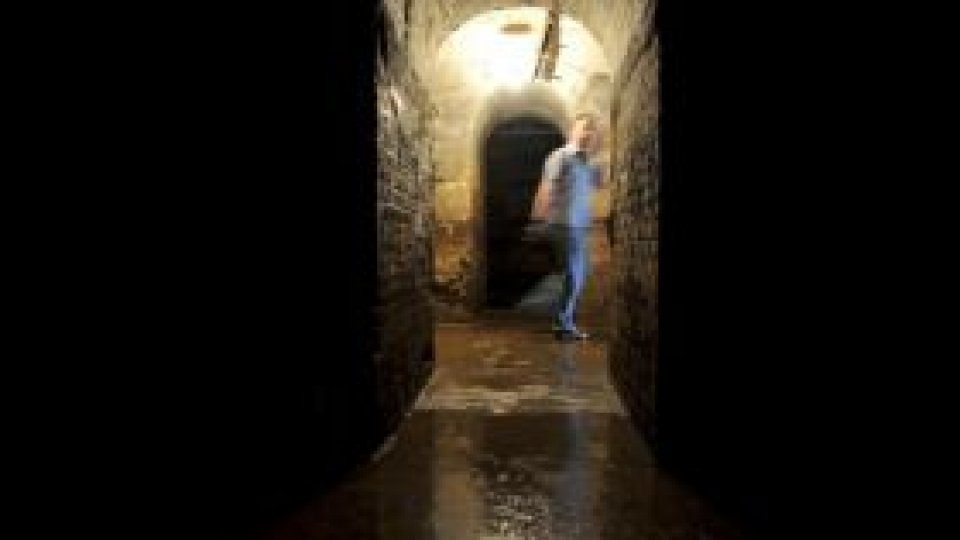Wretchedness "makes us regret past wretchedness"
Former political prisoners comment on the results of the latest opinion poll, according to which 40 percent of Romanians believe communism "was a good idea, but badly applied".

Articol de Olga Sandu, 14 Decembrie 2010, 09:42
Nichifor Gheorghe, from Bucharest, was a student in the seventh year of high school when he was arrested by the communists. He believes that the reason why Romanians look back with regret on the communist period ‘was generated’ by the way Romania was governed during the last 20 years.
"Regret over the communist period comes from today’s economic situation".
"This is how wretchedness has made us regret past wretchedness".
Ileana Samoilă, the sister of Ion Samoilă who was executed by the communists on December 10th, 1953 in Jilava, thinks that joblessness could be an explanation for the way Romanians see communism today.
"Even so, I think the survey is a lie and irrelevant".
"Who knows who they questioned, how they picked them and how the questions were formulated", she said.
Recently, a CSOP study (Centre for the Opinion and Market Study) made by The Institute for the Investigation of Communist Crimes and the Memory of the Romanian Exile (IICCMER) revealed that 40 percent of Romanians thought communism was ‘a good idea, but badly applied".
Former political prisoners said such results could also be caused by a lack of good education and the denial of the past.
"They don’t know the communist period meant horror for some people".
"You never knew when they could drag and bury you in jail or in psychiatric wards, where you were drugged and investigated".
According to the aforementioned survey, one out of eight Romanians believes the communist regime was a good idea and it was successfully applied.
Less than 30 percent said it was a bad idea.
Lustration law, "can’t be applied"
Former detainees of the communist period say the lustration law "can’t be applied" in Romania.
"It can’t be applied here because these are the communists descendants".
"How do you expect them to pass a law against their own parents?" said one of the former prisoners.
They commemorated anticommunist paratroopers who jumped from American planes in Romania in 1953 and were executed in Jilava prison by the then authorities.
Commemoration took place in the actual place of detainment, the so called "Jilava Fort 13".
All participants are older than 75 and receive state benefits for the communist repression they suffered.
"I could say «I am lucky » to have spent 10 years in prison".
"I was a second year medical student, I come from a family of doctors; my father’s uncle was Nicolae Paulescu, the one who discovered the insulin".
"If we hadn’t had this former prisoner benefit, we couldn’t have survived with the pension alone", a former political prison said ironically.
Documentary
The commemoration ceremony included warching a movie, starring the survivors of imprisonment, sentenced for committing crimes of opinion to even 20 years in prison.
Made by Dana Cenuşă, head of the National Administration of Prisons press, the film "seeks unanswerable answers, because suffering, terror, hunger, cold, humiliation, generally, can’t be explained".
Translated by: Ciocănel Tudor
MA Student, MTTLC, Bucharest University














